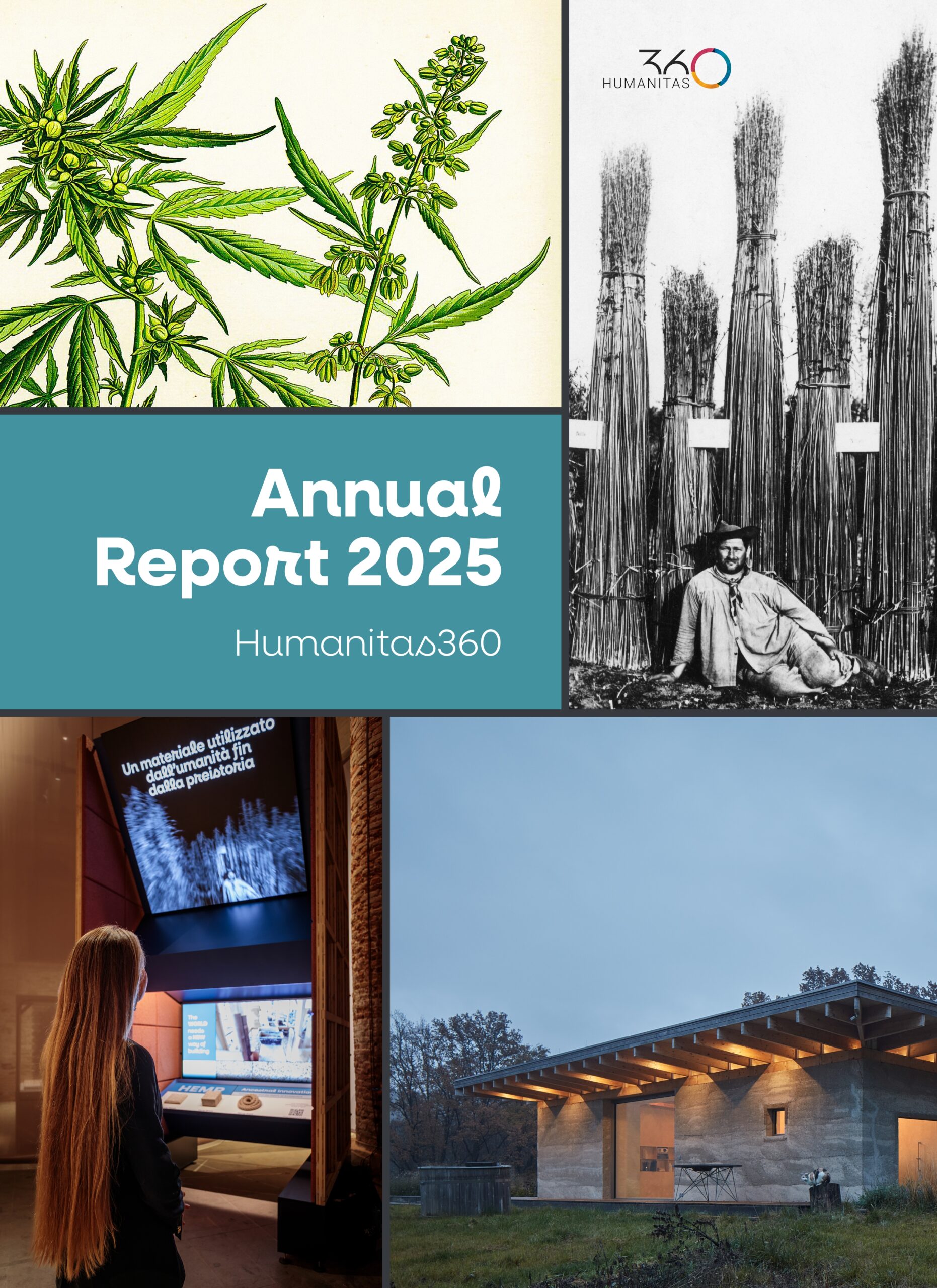The Humanitas360 Institute has just published its 2025 Annual Report, a document that records the Institute’s main actions and projects this year, which was presented during the Annual Board Meeting in October. “When we created H360 in 2015, we aimed to reduce violence, foster active citizenship and promote the rights of vulnerable populations, especially in the prison system,” says President Patrícia Villela Marino in the opening letter. She emphasizes that Humanitas360’s work “has been deepened while expanding to other areas, such as climate justice – reflecting the understanding that environmental and social emergencies are inseparable.”
The report presents the Institute’s organizational structure through the Matrix of Programs and Projects, divided into four main pillars: Entrepreneurship Behind and Beyond Bars, Information and Research, Institutional Partnerships, and Climate Justice. Among the 2025 highlights are participation in the 19th Venice Biennale of Architecture with an installation about Hemp, the partnership with social business Tereza, the Green Doors: Temporary Leave project supporting people in semi-open regime, and the expansion of the Potable Water Coalition for Indigenous Peoples, which benefited all the main villages of the Paiter Suruí people.
Board President Ambassador Rubens Ricupero emphasizes the international relevance achieved by the Institute: “The capacity for realization and international impact of Humanitas360 gained recognition following its participation in the Venice Biennale of Architecture, where an innovative installation produced with Hemp panels was presented by the Institute.” Ricupero also stresses that, despite its global reach, “the Institute has never abandoned Brazil’s structural problems and their main victims,” citing support initiatives and reading clubs in prisons, and the promotion of debates on public safety.
A special section of the report traces the organization’s trajectory through an illustrated timeline, highlighting moments such as the Institute’s launch in 2015 in Riviera Maya (Mexico), the UN Nelson Mandela Award for the video “Weaving Freedom” in 2017, the creation of cooperatives for incarcerated people and the Tereza brand in 2018, and recent milestones such as Patrícia Villela Marino’s appointment to the Council for Sustainable Economic and Social Development of the Presidency of the Republic in 2023, and receiving the international Catalyst 2030 award in London that same year.





